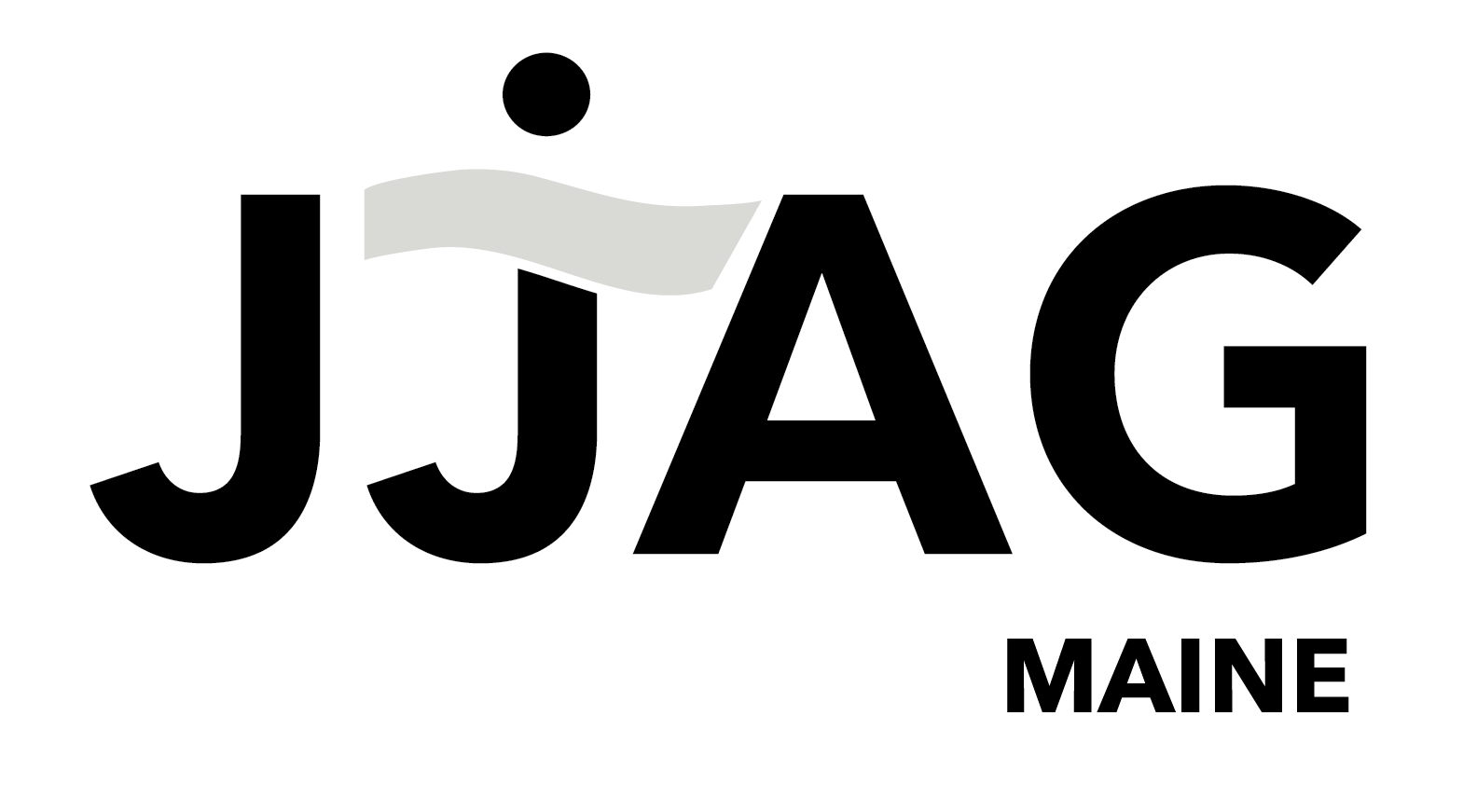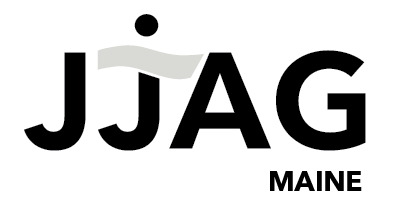A compilation of Maine & national reports and resources. Scroll down for list of national reports.
Maine Reports & Resources
**Fully funded by JJAG
*Partially funded by JJAG
Department of Corrections
Juvenile Services data dashboard and list of Juvenile Reports & Statistical Data
System Assessments
Maine Juvenile Justice System Assessment Final Report and Executive Summary. Center for Children’s Law and Policy (February 2020).** For more information about the Maine Juvenile Justice System Assessment & Reinvestment Task Force click here.
Children’s Behavioral Health Services Assessment Final Report. Maine DHHS, Office of Child and Family Services (December 2018). Children’s Behavioral Health Services Internal Operations Report. Maine DHHS, Office of Child and Family Services (December 2018).
An Initiative to Develop a Sustainable Restorative Juvenile Justice System. Gale Burford, Sarah Gallagher, Karen Gennette, John Gorczyk, George Shaler, Johannes Wheeldon (2016). Final Report To Maine’s Juvenile Justice Advisory Group. Blueprint for a Restorative state: Work Plan and Recommendations Presented to Maine’s Juvenile Justice Advisory Group and Appendices to the Final Report to Maine’s Juvenile Justice Advisory Group**
The Maine Juvenile Justice Task Force: An Integrated Approach to Transforming Maine’s Juvenile Justice System. University of Southern Maine Muskie School of Public Service (2010).
Long Creek Youth Development Center
Report on Causes of Recent Disturbances at Long Creek Youth Development Center. Center for Children’s Law & Policy (November 2021).
Long Creek Youth Development Center, Conditions Assessment Narrative Report. Center for Children’s Law & Policy (September 2017).**
Profile of Youth Committed at Long Creek Youth Development Center as of July 1, 2016. Maine Department of Corrections (January 2017).
Long Creek Youth Development Center Board of Visitors 2017/2018 Report (2018).
Long Creek Youth Development Center Board of Visitors Annual Report (2016).
Continuum of Care
The Place Matters project supports Maine communities in redesigning, implementing, and evaluating a community-based continuum of care through systems innovation, data resources, and community inclusion. See its Report Series here.*
Positive Youth Outcomes in Maine’s Juvenile Justice System. Danielle Layton and George Shaler, Maine Statistical Analysis Center, University of Southern Maine (January 2019).
Recidivism: Diversion to Discharge in Maine’s Juvenile Justice System. Robin Dumont and Erica King, University of Southern Maine Muskie School of Public Service (2017).
Assessing the Use of Law Enforcement by Youth Residential Service Providers. Disability Rights Maine (August 2017).
Unsealed Fate: The Unintended Consequences of Inadequate Safeguarding of Juvenile Records in Maine. Susy Hawes, Erica King, Mara Sanchez and George Shaler, University of Southern Maine Muskie School of Public Service (March 2017).*
Disproportionate Contact: Youth of Color in Maine’s Juvenile Justice System. Robyn Dumont, Erica King, and George Shaler, University of Southern Maine Muskie School of Public Service (2015).
School Safety
School-Based Policing in Maine: A Study of School Resource Officers in Maine Public Schools. Danielle Layton & George Shaler, University of Southern Maine Muskie School of Public Service (October 2019).**
Restraint and Seclusion in Maine Schools: Reviewing the First Six Years of Data Required by MDOE Rule Chapter 33. Disability Rights Maine (May 2019).
National Reports & Resources
Federal Resources
Office of Juvenile Justice and Delinquency Prevention, U.S. Department of Justice.
Uniform Crime Reports, Federal Bureau of Investigation, U.S. Department of Justice.
Report on Indicators of School Crime and Safety, 2020. National Center for Education Statistics, American Institutes for Research, Bureau of Justice Statistics.
Beyond Suspensions: Examining School Discipline Policies and Connections to the School-to-Prison Pipeline for Students of Color with Disabilities. United States Commission on Civil Rights (July 2019).
Intersection between Mental Health and the Juvenile Justice System. Literature Review, A Product of the Model Programs Guide, Office of Juvenile Justice & Delinquency Prevention, U.S. Department of Justice (July 2017).
Juvenile Justice Resources, National Center for Homeless Education.
National Resources
Coalition for Juvenile Justice (CJJ) is a nationwide coalition of State Advisory Groups (SAGs) and allies dedicated to preventing children and youth from becoming involved in the courts and upholding the highest standards of care when youth are charged with wrongdoing and enter the justice system.
ACT4JJ advocates for the reauthorization of the Juvenile Justice and Delinquency Prevention Act (JJDPA) and for federal funding for juvenile justice programs and services.
National Council of Juvenile and Family Court Judges provides judges, courts, and related agencies involved with juvenile, family, and domestic violence cases with the knowledge and skills to improve the lives of the families and children who seek justice.
The Gault Center (formerly the National Juvenile Defender Center) is dedicated to promoting justice for all children by ensuring excellence in youth defense.
National Juvenile Justice Network
Juvenile Law Center works to reduce the harm of the child welfare and justice systems, limit their reach, and ultimately abolish them so all young people can thrive.
The W. Haywood Burns Institute (BI) works to reduce racial and ethnic disparities in the justice system and advance the well-being of people of color.
Reforming Juvenile Justice: A Developmental Approach, National Academy of Sciences.
Forging Partnerships with Law Enforcement: A Guide to Juvenile Detention Reform, Strategies for Youth.

